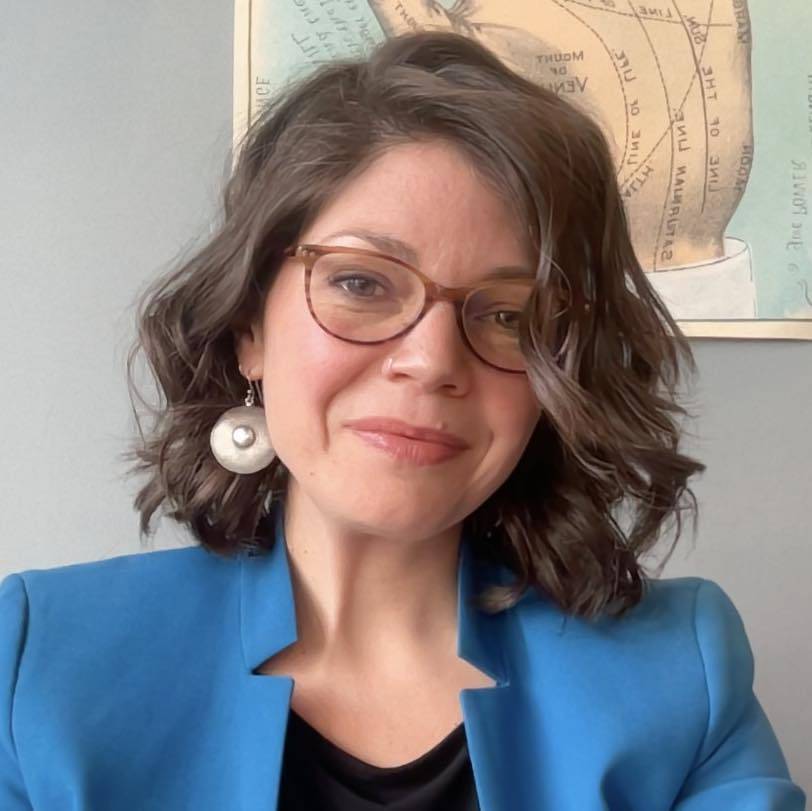
As a feminist geographer who researches mobilities and human migration, I study how empires shape the movement of laws and policies, diasporic populations, military infrastructures, and emotions. More specifically, my work documents how U.S. empire uses policies to govern its subjects’ mobility from U.S. territories to the mainland, and how those “imperial mobilities” in turn remake new destinations with their own histories of racialization, (non)citizenship, labor, and political struggle. I use qualitative methods (semi-structured interviews, focus groups, policy analysis, participant observation, and archival research) to address these questions, drawing on insights from American studies and migration studies. My new project examines the politics of decolonization and political futures in several new sites, including Northern Ireland, Puerto Rico, Greenland, and Spain/Morocco.
Imperial Migrations and Pacific Islander Diasporas: My first book, New Destinations of Empire: Mobilities, Racial Geographies, and Citizenship in the Transpacific United States (University of Georgia Press, 2024) examines migration to the U.S. from its former territory, the Marshall Islands, as a product of the longstanding U.S. military presence there, tracing the visa-free migration policy that forms part of the Compact of Free Association (COFA) to a Marshallese community in Springdale, Arkansas. I study COFA as a diasporic policy that “travels," situating Marshall Islanders’ COFA status among other historical forms of imperial citizenship. In earlier work, my coauthors and I have shown how across islands and archipelagoes, imperial states and militaries manage migration and restrict asylum-seekers’ “right to have rights." My research demonstrates that, for people at the legal and geographical margins of U.S. empire, their liminal legal status often produces precarity and rightlessness, even as it enables their mobility.
Feminist Geographies of Care, Grief, and the Politics of Vulnerability: Across my work, I use feminist methods and theories to study a broad range of topics, focusing on how politics and power forge uneven geographies of seemingly universal experiences like birth, death, and care. I use interviews and autoethnography to develop a concept of “grief as method,” showing how grief reshapes the spatial and emotional dimensions of fieldwork. I also document how, for postpartum academics in the U.S., the care work they perform upon returning to work erodes spatiotemporal boundaries between work and home, exacerbating their labor precarity. Elsewhere in my work, I engage Indigenous feminist theories to illustrate how care and empathy can reinforce uneven global power dynamics: I critically examine the emphasis on migrants’ trauma in feminist migration studies and digital nuclear testing maps that overlay one place onto another to generate familiarity and empathy.
Mobilities and the Politics of Mobility Infrastructures: More recently, my research focus has expanded from immigration—human movement across national borders—to geographic mobilities more broadly. I ask: How do various infrastructures—material, legal, and social—shape people’s physical mobility at both small, intimate scales and larger geopolitical scales, and how can a mobility justice framework help people to determine the conditions of their mobility? Recent and in-progress articles engage these questions in the context of movement across oceans, islands, and diasporas.